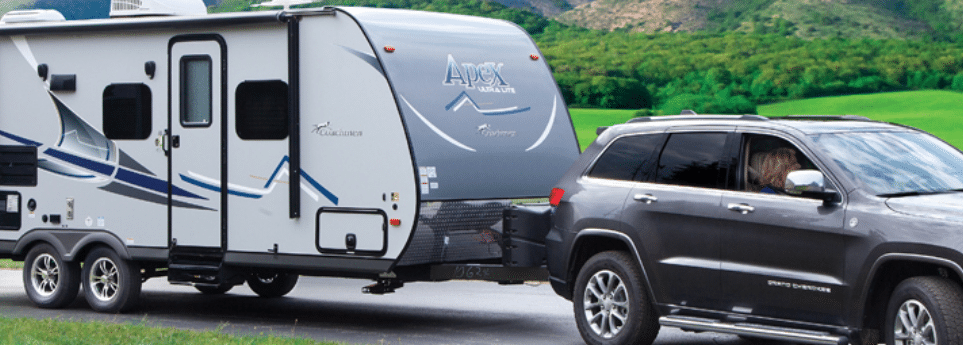If you're planning on towing your RV, it's important to ensure that you have the right ball hitch size. Choosing the wrong size can result in serious safety issues and even cause damage to your vehicle or trailer. In this article, we'll take a closer look at RV ball hitch sizes and what you need to know to choose the right one.
Understanding RV Ball Hitch Sizes
RV ball hitch sizes refer to the diameter of the ball that fits into the coupler on the trailer. The most common ball hitch sizes for RVs are 1-7/8″, 2″, and 2-5/16″. The size you need will depend on the weight of your trailer and the manufacturer's specifications.
To determine the correct ball hitch size for your RV, you'll need to find out the gross trailer weight (GTW) and tongue weight (TW) of your trailer. The GTW is the total weight of your loaded trailer, while the TW is the weight of the trailer that rests on the hitch ball. You can find this information in your RV's owner's manual or by contacting the manufacturer.
Choosing the Right Ball Hitch Size
Once you have your GTW and TW, you can use a chart or calculator to determine the right ball hitch size for your RV. Most RVs that weigh less than 3,500 pounds have a 1-7/8″ ball hitch, while those between 3,500 and 10,000 pounds require a 2″ hitch. RVs that weigh more than 10,000 pounds usually require a 2-5/16″ ball hitch.
It's important to note that the ball hitch size isn't the only factor to consider when choosing a hitch. You'll also need to select the right weight rating for your hitch, which should match or exceed your RV's GTW and TW. Choosing a hitch with a lower weight rating can result in serious safety issues and cause damage to your vehicle or trailer.
Benefits of Choosing the Right Ball Hitch Size
Choosing the right ball hitch size for your RV has several benefits. First and foremost, it ensures your safety while towing your trailer. If the ball hitch is too small for your trailer, it can detach during transit, causing the trailer to sway or become unbalanced. This can be dangerous and cause an accident on the road.
On the other hand, if the ball hitch is too large, it can cause excessive wear and tear on the coupler and hitch ball, leading to damage and potentially costly repairs. Choosing the right size ensures a proper fit, minimizing the risk of damage and increasing the longevity of your hitch and trailer.
Tips for Maintaining Your Ball Hitch
Once you've selected the right ball hitch size for your RV, it's important to maintain it properly to ensure it stays in good condition. Here are some tips for maintaining your ball hitch:
- Keep it clean: Dirt, debris, and rust can cause damage to your ball hitch over time. Make sure to clean it regularly and keep it lubricated to prevent rust and corrosion.
- Inspect it regularly: Check your ball hitch for any signs of wear and tear, such as cracks, chips, or rust. Replace it immediately if you notice any damage.
- Tighten it properly: Make sure to tighten the ball hitch securely to the trailer hitch receiver to prevent it from coming loose while towing.
Conclusion
Choosing the right ball hitch size for your RV is crucial for safe and efficient towing. It's important to determine the gross trailer weight and tongue weight of your trailer and select the right ball hitch size and weight rating. By choosing the right size and maintaining your hitch properly, you can ensure a safe and enjoyable RV towing experience.

